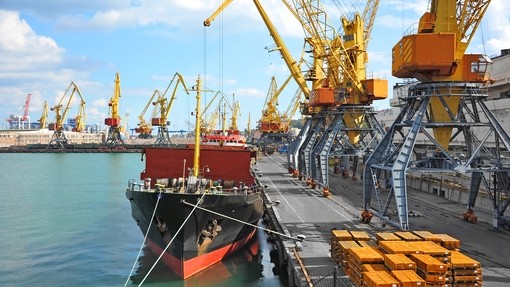What are consequential losses and how do you exclude them?

Details
There are effectively only two categories of loss for breach of a contract – direct and indirect losses. ‘Consequential loss’ and ‘indirect loss’ mean the same thing (British Sugar Plc -v- Projects Ltd [1997] EWCA Civ 2438).
To recover losses resulting from a breach of contract, foreseeability of the loss is key. This is often referred to as the rule in Hadley -v- Baxendale (1854) 9 Ex 341:
- Direct loss – recoverable losses which could reasonably be considered to arise naturally from a breach or could reasonably be supposed to have been contemplated by the parties at the time of the contract.
- Indirect loss – losses which do not naturally result from a breach and are not recoverable unless the defaulting party had special knowledge of the potential for such loss at the time of the contract.
How about loss of profit?
Terms such as ‘loss of profit’, ‘loss of revenue’, ‘loss of use’ or ‘loss of goodwill’ are not, from a legal perspective, unique categories of losses. They are subject to the same test of foreseeability above.
A classic example is Victoria Laundry (Windsor) Ltd -v- Newman Industries Ltd [1949] 2 K.B. 528, where a boiler was delivered late to a laundry business:
- Direct loss of profits (recoverable) -> loss of profits from normal business which could reasonably be expected from dyeing and laundering contracts if the boiler had been delivered on time and put to immediate use.
- Indirect loss of profits (not recoverable) -> loss of profits under special contracts with the government which the seller did not know about.
Drafting exclusion clauses
To effectively exclude, for example, all loss of profit whether of a direct or indirect nature, that type of loss should be included in the exclusion clause as a standalone head of loss. For example:
‘Neither party shall be liable for loss of profits, revenue, business, goodwill, indirect loss…’
This form of drafting makes it clear that the loss excluded is not impacted by any later qualification in the exclusion clause distinguishing claims by whether a loss is direct or indirect.
Conversely, to exclude only indirect losses of any kind, the exclusion clause should be drafted as follows, such that the other descriptive types of losses would be read only as examples of indirect loss:
‘Neither party shall be liable to the other for any indirect loss, including but not limited to loss of goodwill, loss of business, loss of anticipated profits or savings and all other pure economic loss arising out of or in connection with this Agreement.’
It would be best to use the phrase ‘indirect losses’ instead of ‘consequential losses’ in drafting. Whilst the definition for consequential loss is well-established by the Court of Appeal in British Sugar, there have been comments made in obiter in Transocean Drilling UK Ltd -v- Providence Resources Plc [2016] EWCA Civ 372 [15] that consequential losses could be interpreted to mean what businesspeople usually understand it to mean (ie losses which flow as a consequence of a breach – which, confusingly, would include direct losses).
Note that with the two example clauses above, there are other losses which an innocent party would still be able to recover as direct losses. In the context of a sale and purchase contract, this is likely to include damage to the goods, the cost of procuring substitute goods and wasted expenditure.
It would be highly unusual to see a clause where parties have managed to completely exclude any kind of liability for breach of contract; it is rather more common to see an additional monetary cap on liability utilised to limit a party’s overall liability, particularly for direct losses where there is already an exclusion clause restricting any claims for indirect losses.
Assumption of responsibility
There is uncertainty over the applicability of an additional test introduced in The Achilleas [2008] UKHL 48, where a loss was held to be recoverable only if the party could be said to have assumed responsibility for it.
However, this new test has largely been confined to unconventional cases, where the application of the Hadley test may lead to unquantifiable, unpredictable, or disproportionate liability, or where such liability would be contrary to market expectations. In practice, this test is therefore unlikely to have added anything new to the Hadley test.






